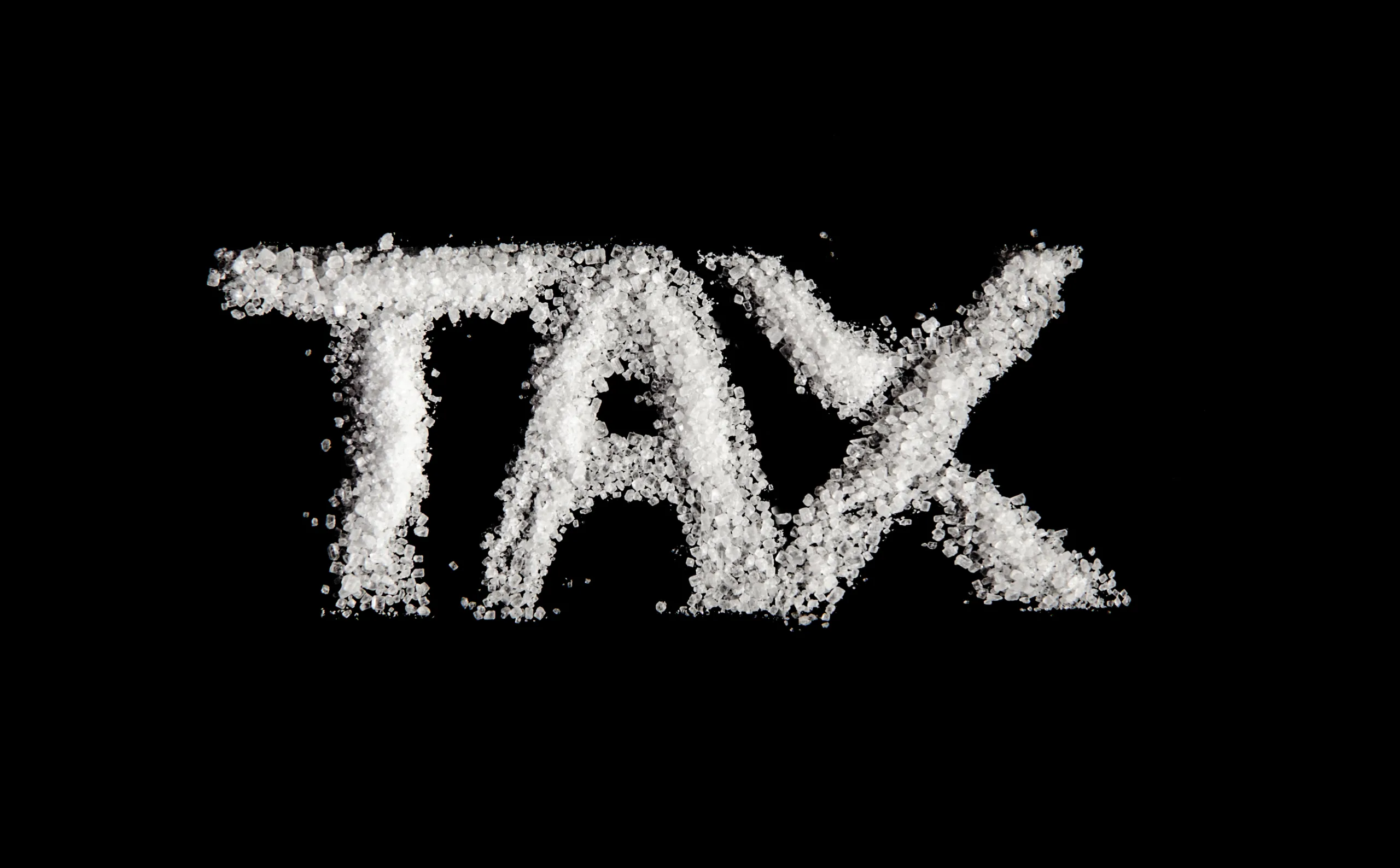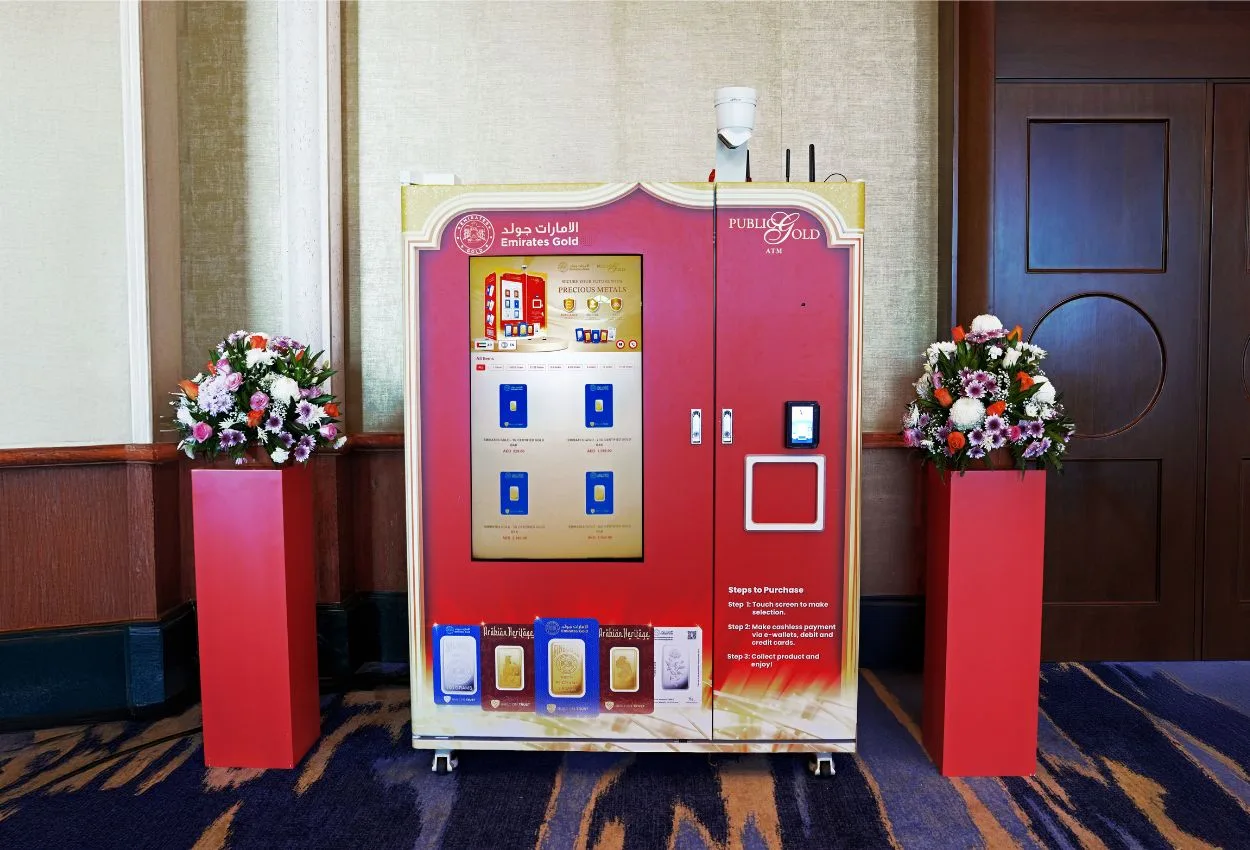The United Arab Emirates will introduce a tiered volumetric excise on sugar-sweetened beverages from Jan. 1, 2026, replacing a single-rate levy with a system that sets tax levels according to sugar content, the Ministry of Finance said on Monday.
The ministry said it had completed a set of proposed legislative amendments to implement the change at the national level. The package establishes the various levels of a tiered model based on sugar or other sweeteners in drinks, and is designed to provide a legal and regulatory foundation for smooth implementation when the policy takes effect at the start of 2026. The ministry said the amendments would foster a competitive tax environment.
The UAE currently applies excise taxes to selected goods, including a 50 percent levy on sweetened beverages, and 100 percent on energy drinks and tobacco products. The move to a tiered volumetric structure for sugar-sweetened beverages forms part of a decision by Gulf Cooperation Council countries to adopt a common approach that links tax to the amount of sugar in a product, mirroring international practice intended to discourage high-sugar formulations while allowing lower rates for drinks with less sugar.
Under the updated framework, the government will also create a mechanism for taxable persons who imported or produced goods subject to the existing 50 percent excise before the amendments take effect, and whose liability decreases because of the new rules, to deduct part of the previously paid tax. The ministry said the transitional provision is aimed at easing the shift for businesses with inventory on hand as the new model begins.
The announcement did not publish detailed rate bands, thresholds or reporting requirements for the tiered system. Such information typically follows in executive decisions and guidance ahead of implementation. The UAE’s Federal Tax Authority oversees administration of excise and value-added tax and is expected to issue practical compliance rules, including documentation of sugar content, product registration and labelling, prior to the start date.
GCC members, which include Saudi Arabia, Qatar, Bahrain, Kuwait, Oman and the UAE, have moved in recent years to coordinate indirect taxation through a unified excise framework. The UAE introduced excise tax in 2017 and expanded its scope in 2019 to sweetened beverages and electronic smoking devices. A shift to volumetric, sugar-based assessment aligns with a wider regional effort to encourage reformulation by manufacturers and to harmonise treatment of cross-border trade within the Gulf’s common market.
Public health authorities worldwide have promoted targeted taxes on sugary drinks to reduce consumption and address obesity and diabetes. A tiered design that ties liabilities to sugar levels is used in several markets to incentivise lower-sugar options. The UAE’s finance ministry framed the forthcoming changes as part of a comprehensive update intended to support policy objectives while maintaining clarity and predictability for businesses.
Companies that make, import or distribute beverages in the UAE typically adjust pricing, labeling and product mix in advance of tax changes to manage costs and demand. Retailers and food service operators may also review contracts and stock levels ahead of January 2026 to accommodate new declarations of sugar content and any rate differences between product categories once final thresholds are published.
The ministry reiterated that the amendments target sugar-sweetened beverages. Energy drinks, tobacco products and other goods already subject to different excise rates remain under the broader excise regime. Further details on scope, calculation methods and the process for deducting previously paid tax are expected before the effective date.




